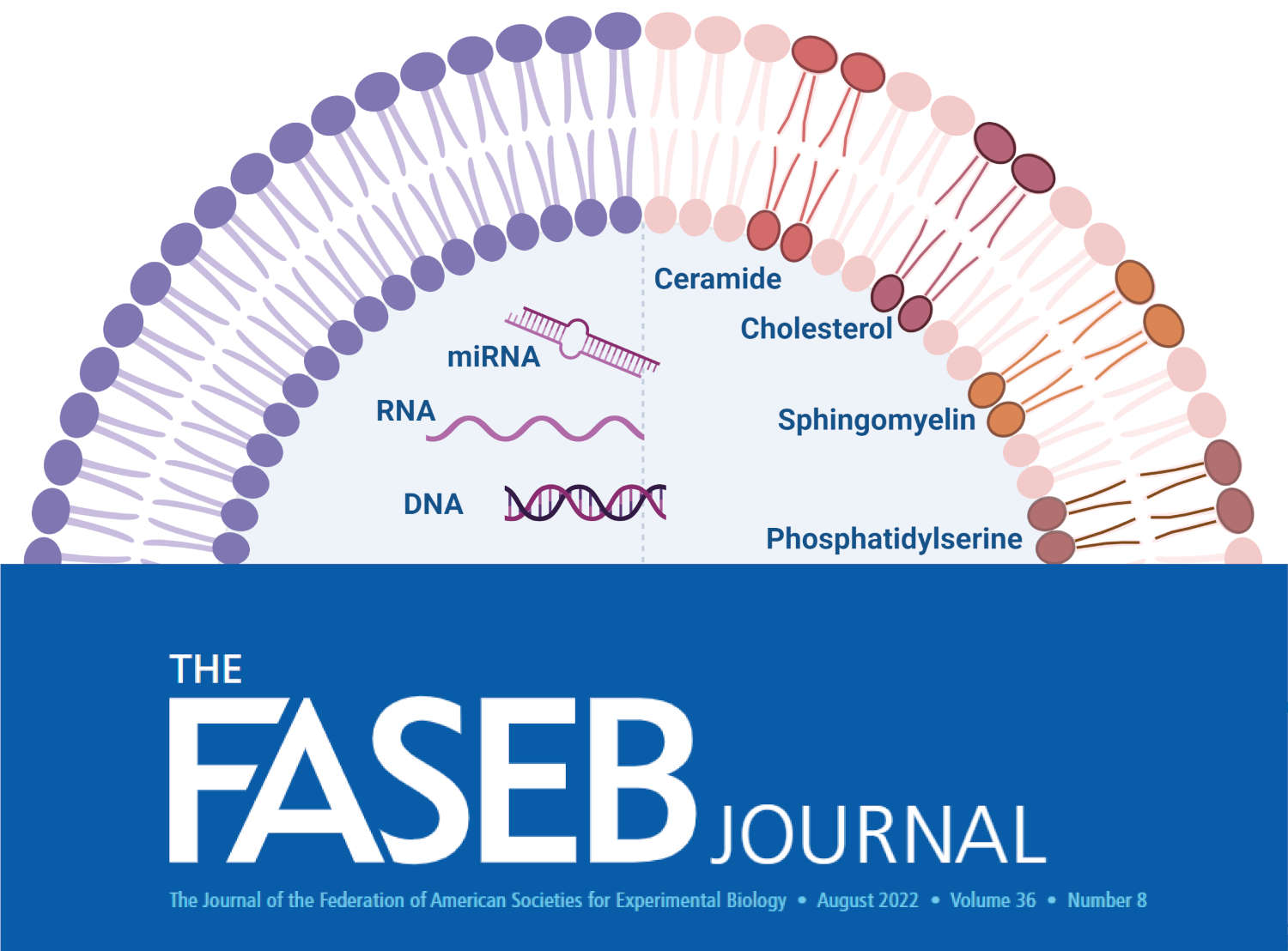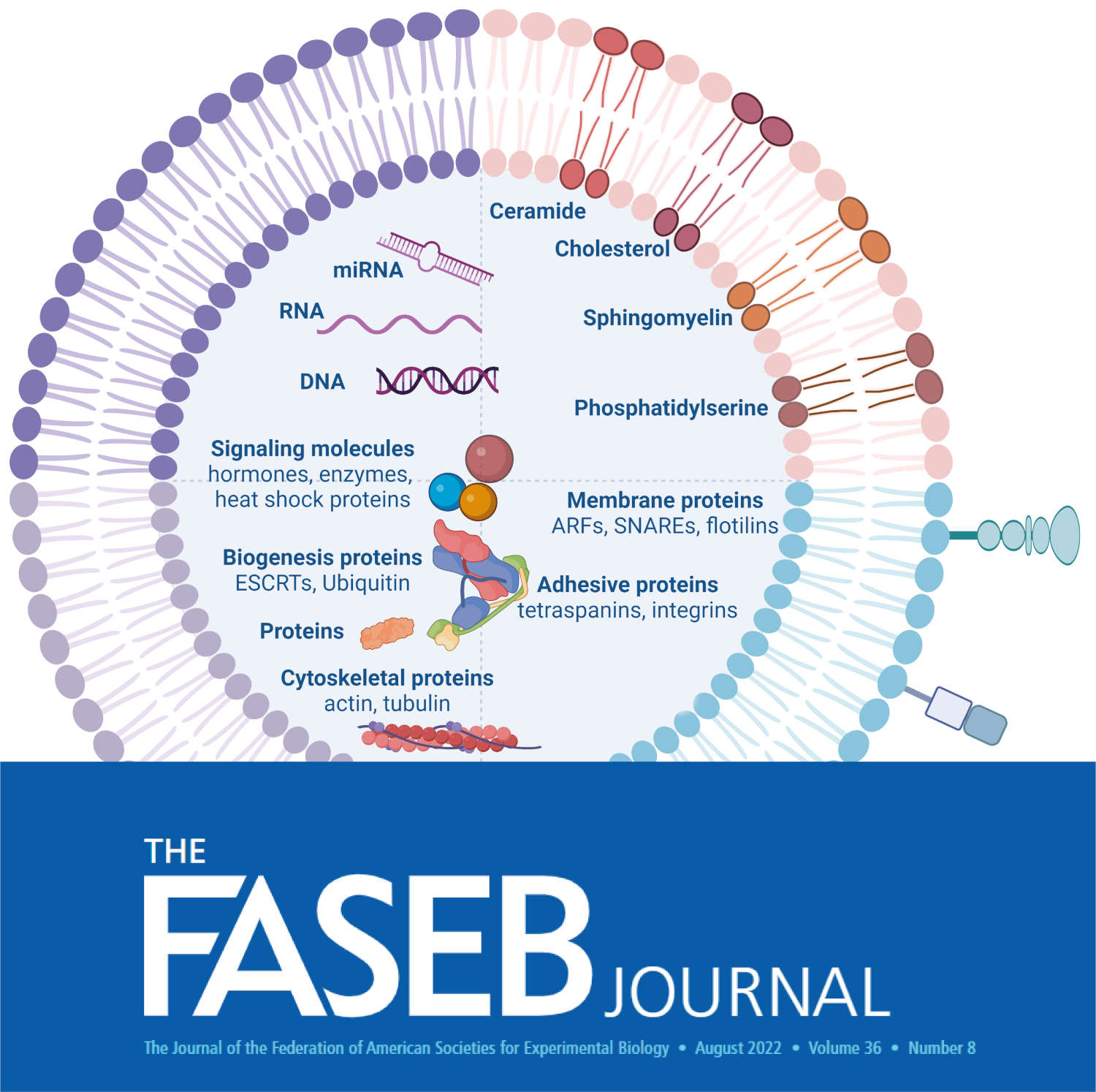
Correct communication between the embryo and the mother determines the success of the pregnancy. Scientists from the Molecular Biology Laboratory of IARFR PAS have shown that extracellular vesicles play an essential role in this process.
– Our research shows that the exchange of a unique population of extracellular vesicles and their molecular cargo between the embryo and the mother is the key to the successful implantation of the embryo and the further course of pregnancy. We have shown that the early stages of embryo implantation are regulated by the exchange of extracellular vesicles between the embryo and the endometrium (the mucous membrane lining the uterine cavity) – emphasizes Prof. Monika Kaczmarek, who heads the Molecular Biology Laboratory at the Institute of Animal Reproduction and Food Research of the Polish Academy of Sciences in Olsztyn.
What are these extracellular vesicles (EVs)? These are membrane-covered nanostructures secreted by all types of cells in living organisms. – Recently, they have gained recognition as an important element of intercellular communication. Moreover, over the last decade, their role has become particularly important in the area of mammalian reproductive biology, attracting the attention of many scientific teams and researchers around the world – describes the researcher.
Scientists from her team have shown that during early pregnancy, the uterine lumen is rich in extracellular vesicles that carry microRNA molecules capable of regulating the expression of genes involved in the development of the embryo and the body (gene expression is a process during which specific genetic information is decoded and transferred to „production proteins”).
– Once delivered to primary trophoblast cells, the vesicles regulate genes responsible for development as well as signaling and interactions between cells, consequently influencing the proliferation (ability of cells to multiply), migration and invasive abilities of trophoblast cells. Therefore, their role in the success of pregnancy in its early stages is crucial – explains Prof. Monika Kaczmarek.

—
An article on this topic by a team of scientists led by prof. Monika Kaczmarek, which was published in the prestigious experimental biology journal „The FASEB Journal”, was among the most frequently read articles in the first 12 months after publication.
We wrote more about this research here.